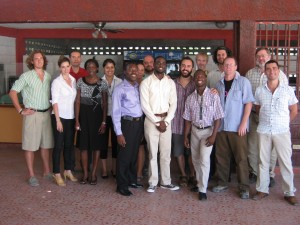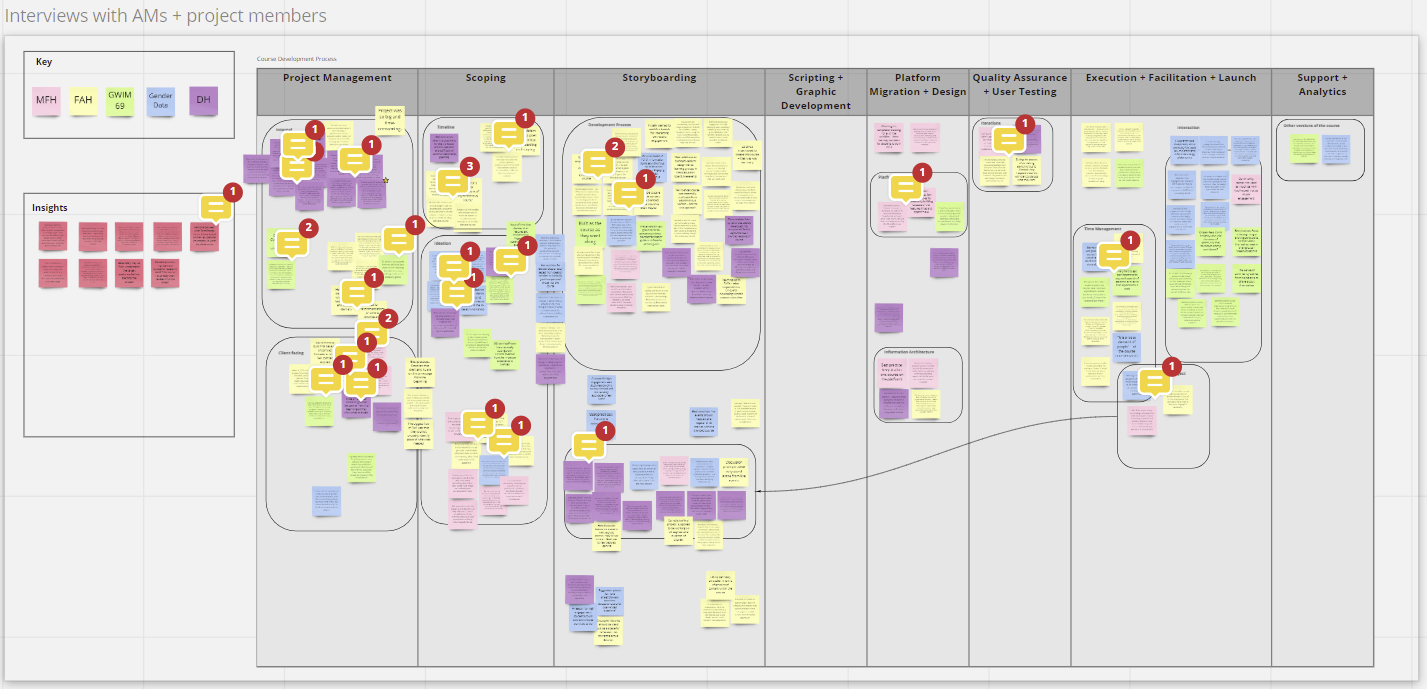The BlackBerry smartphone, launched in 1999 by Research In Motion (RIM), is the quintessential, on-the-go tool for communicating. In 2004 BlackBerry had over two million subscribers worldwide, one of the key selling points has been the unique ability to use the free Blackberry Messenger service (BBM) to communicate with fellow Blackberry users. Now however that usage has been banned in the United Arab Emirates (UAE) because it bypasses their ability to monitor communications.
 That’s right—the Internet censors are at it again—blocking the digital flow of information. Reporters Without Borders (RWB) sees this BlackBerry ban as the “continuation of the government’s attempts to control information and new technology.” Analyst Brian Modoff, of Deutsche Bank, says the ban is about “having access to, and being able to, intercept information lawfully.”
That’s right—the Internet censors are at it again—blocking the digital flow of information. Reporters Without Borders (RWB) sees this BlackBerry ban as the “continuation of the government’s attempts to control information and new technology.” Analyst Brian Modoff, of Deutsche Bank, says the ban is about “having access to, and being able to, intercept information lawfully.”
According to the UAE’s Telecommunications Regulatory Authority (TRA), beginning 11 October 2010, all BlackBerry users in the UAE—from travelers to the 500,000 local subscribers—will have to do without email, messaging and Web services via their BlackBerrys.
Messages sent through a BlackBerry are encrypted and then routed through RIM’s servers in Canada, which bypasses the local governments ability to independently monitor the communications. The UAE claims that it needs access to the data for security purposes, but RIM is refusing to “give governments access to encrypted messages,” thus countries are boycotting its Web services.
But Al Jazeera questions if their precautionary concerns are justified? Or if “this just another move to restrict personal freedoms?”
A step ahead of the Emiratis, Saudi Arabian authorities plan to block access to BBM for its 400,000 users, as early as this Saturday. India, Kuwait, and Indonesia may also push through with the digital ban, which targets ‘out-to-do-no-gooders’–-suspicious under national security—and average everyday BlackBerry users, all the same.
Advertised via The Beatles tune ‘All You Need Is Love,’ BlackBerry connects its users to “everything you love in life.” And what else do we love more than the people in our lives? And how better to efficiently communicate with our loved ones, than via ‘BBMing’?
Director-general Mohammed al-Ghanem, of the TRA, finalized the suspension of BlackBerry services, but says the company is open to discussion about alternative solutions.
In respecting the need for national security, while promoting peaceful methods of using technology, here’s to hoping that indifference surrounding this UAE’s BlackBerry question will soon be settled, safely setting electronic messages amid the digital shores of The Gulf afloat.


